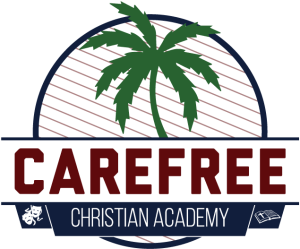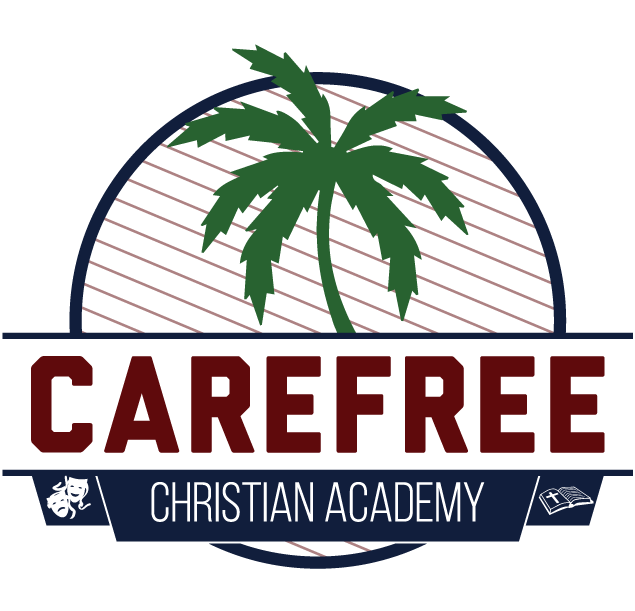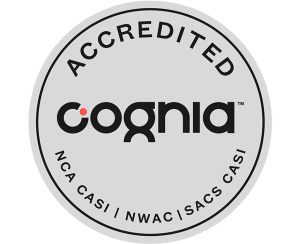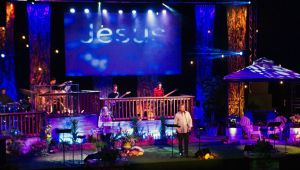Investing in Your Child’s Future: Why Preschool Matters, Even in a Tough Economy
July 15, 2024
In today’s challenging economic landscape, families often face difficult decisions about where to allocate their resources. One of the most crucial investments you can make is in your child’s education, starting with preschool. Despite the economic pressures, enrolling your child in preschool is an investment that pays lifelong dividends. Here’s why prioritizing early education is essential, and the benefits of choosing a private, faith-based, and creative arts preschool.
The Importance of Early Education
- Foundational Learning: The early years of a child’s life are critical for cognitive, emotional, and social development. Preschool provides a structured environment where children can develop basic skills in literacy, numeracy, and social interaction. This foundation sets the stage for future academic success.
- Socialization and Emotional Growth: Preschool is a child’s first step into a larger social world. Interacting with peers and teachers helps children learn essential social skills, such as sharing, cooperation, and empathy. These skills are vital for building healthy relationships throughout life.
- Boosting Cognitive Development: Research has shown that children who attend preschool demonstrate improved cognitive skills compared to those who do not. Preschool activities are designed to stimulate curiosity, creativity, and critical thinking, which are essential for lifelong learning.
- Building Confidence and Independence: Preschool helps children gain confidence and independence. In a supportive and nurturing environment, children learn to manage tasks, make decisions, and solve problems on their own, which builds self-esteem and a sense of competence.
The Benefits of a Private, Faith-Based, and Creative Arts Preschool
Choosing a private, faith-based, and creative arts preschool offers unique advantages that can enrich your child’s early educational experience.
- Individualized Attention: Private preschools often have smaller class sizes, allowing for more personalized attention. Teachers can tailor their approach to meet each child’s unique needs, fostering a more effective and engaging learning experience.
- Values-Based Education: Faith-based preschools integrate spiritual and moral values into the curriculum. This holistic approach supports character development, instilling virtues such as kindness, integrity, and respect from a young age.
- Creative Expression: A creative arts-focused preschool emphasizes the importance of the arts in education. Through music, dance, drama, and visual arts, children explore their creativity and self-expression. These activities not only enhance artistic skills but also improve cognitive abilities and emotional resilience.
- Strong Community: Private, faith-based schools often have a close-knit community of families who share similar values and priorities. This sense of community can provide additional support and encouragement for both children and parents, creating a nurturing environment for growth and learning.
- Enhanced Academic Preparation: Many private preschools offer enriched academic programs that go beyond basic preschool curriculum. This rigorous preparation can give children a head start, making the transition to elementary school smoother and more successful.
Investing in your child’s preschool education, even in a tough economy, is a decision that yields significant long-term benefits. Early education lays the groundwork for academic achievement, social skills, and emotional well-being. By choosing a private, faith-based, and creative arts preschool, you provide your child with a rich, values-driven, and creatively stimulating environment that fosters their overall development. In times of economic uncertainty, this investment is not just wise—it’s essential for your child’s future success.
